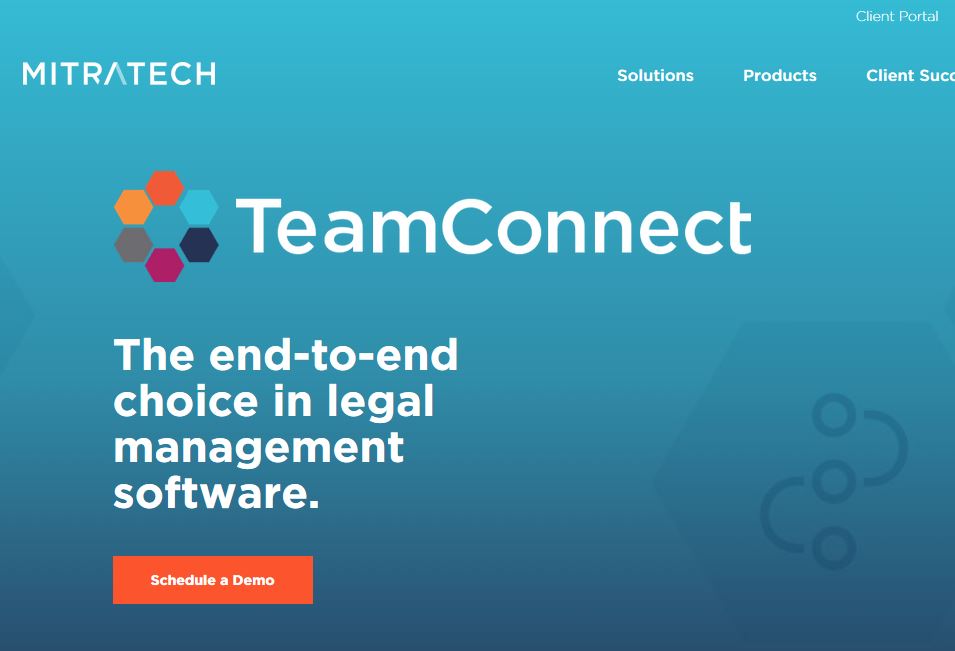Just because you own a small business does not mean your security threats are small. Small businesses are especially vulnerable due to their lack of security. Forty-three percent of cyber attacks target small businesses. Cyber criminals are aware of the shortcomings in cyber security small businesses face. They are working with cheap, outdated equipment and may have a less knowledgeable staff. It is time to make cyber security a priority for your business.
Targets
Your small business is a prime target for hackers. You have more digital assets than individual consumers and less security than larger businesses. Many small businesses underestimate their vulnerability, assuming they are not a target. There are many techniques hackers use to attack small businesses.
- Advanced Persistent Threats (APT) – These long-term targeted attacks use multiple phases to avoid detection.
- Distributed Denial of Service (DDoS) – Hackers intentionally overload a target’s website or network system with requests with the goal of causing the website or network to shut down.
- Malware – “Malicious software” is any program introduced into the computer with the intent to cause damage or allow unauthorized access.
- Password Attacks – There are many ways hackers can gain access to your password. The three main approaches include brute-force (guessing), dictionary attack and keylogging.
- Phishing – This is the most common form of cyber attack. Sensitive data is collected through legitimate-looking websites. These are usually sent via email.
Educate Yourself
Consider taking online courses to increase your knowledge of your risks and solutions. Schools like Maryville University offer courses and degree programs in cyber security. You can take self-paced training courses that allow you to educate yourself despite your busy schedule. Online learning is a great resource for busy entrepreneurs. You are not bound to physical class sessions. You can easily access classes from anywhere. Since you are pumping all of your income into building a business, you want to save money at every opportunity. Internet-based courses save you both time and money.
Once you have the knowledge, pass it on to your employees. Make sure they are aware of the reality of online threats. Make sure there are security practices and policies in place and make sure the staff is aware of them. Social networking is a common distraction in the workplace. Educate employees on safe practices. Hold employees accountable to your business’s internet security policies and procedures.
Be Safe
It is important to do your best to protect yourself and your business against cyber attacks. As a small business, you are a target. Here are five steps to help keep information safe online.
- Enable strong, two-factor authentication and create strong passwords
- Update your operating system, browser and other critical software regularly
- Make communication about cyber safety a priority around the workplace
- Use privacy settings and limit the amount of sensitive information shared online
- Always verify unknown links, attachments or emails before opening
Solutions
Different types of security software provide varying levels of protection. Antivirus software protects against most types of malware and is very common. Firewalls prevent unauthorized users from accessing your computer or network. This is a great added level of protection. It is also wise to invest in a data backup solution. If information is lost or compromised, it can be easily recovered from your backup source. Encryption software helps protect sensitive data.
Don’t delude yourself into thinking your small business has nothing worth stealing. Don’t allow yourself to be a target. Educate yourself and yourself on the dangers of cyber threats. Create enforceable internet security policies and procedures. Use safe practices to protect your passwords and sensitive information. Cyber security should be a top priority. Put protections in place and make sure to backup all your important information in case of a security breach.





